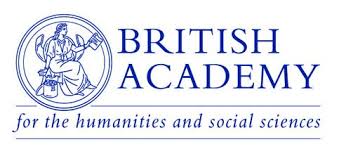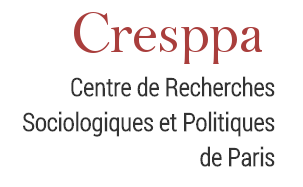Event
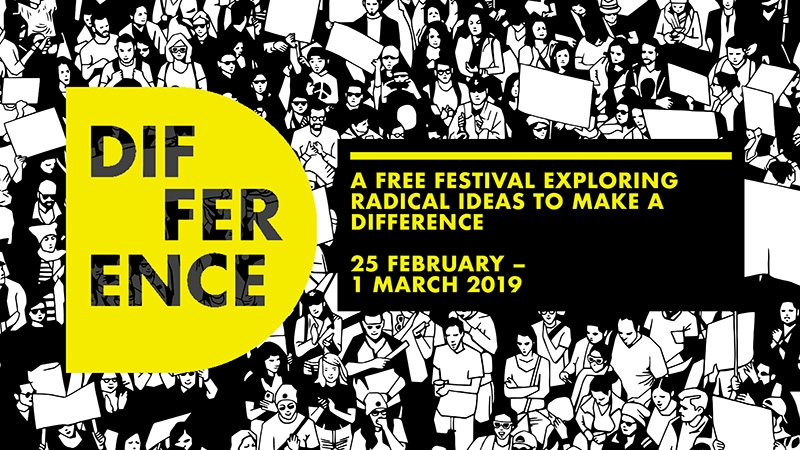
There are a whole host of fantastic events organised by IMCC members and affiliates that are happening as part of the Difference festival at the University of Westminster, focusing this year on the idea of the ‘radical’.
Monday 25th February, 6.00 -8.00 pm
Regent Street Cinema
Hold me like before: radical trans representation on film
Join us for a screening of this independent Costa Rican film Hold Me Like Before (Abrázame Como Antès, 2016; in Spanish with English subtitles). Taking place at the historic Regent Street Cinema, the documentary-style film is followed by a Skype Q&A with director Jurgen Ureña and a panel discussion on transgender representation on film and on the radical way the director went about the filmmaking process. Led by Liz Harvey-Katou, Senior Lecturer in Spanish Language and Culture, with Margherita Sprio, Reader in Film and Visual Culture.
Tuesday 26th February, 12.30 – 2.00 pm
Foyer, University of Westminster, 309 Regent Street
Picpoetry radical jam
Discover the visual poet in you with picpoet’s radical way of seeing and feeling the world around you through role-play. Take a walk around the university, discover unexplored angles and new ways of thinking and being. Radicalise the ‘Lawscape’ by exploring how norms allow us to move in certain ways and impede us in others. Take quick pictures and write instant texts that capture your own position with regards to what you see. With an opportunity to win modest but fun prizes. Led by Law and Theory Professor Andreas Philippopoulos-Mihalopoulos, the picpoet.
Wednesday 27th and Thursday 28th February, 12.30 – 2.00 pm
Old Gym and Foyer, University of Westminster, 309 Regent Street
Banner up! a radical take-over
As you walk through into our Regent Street entrance, drop by and become an activist in our two-day ‘take-over’ using our workshops and activity stations set up there. Make a cartoon or a political placard in our workshops, or your own badge at our activity station. Your creation will feature in our installation of placards and banners to celebrating this year’s Difference Festival radical theme. Led by students and alumni of our MA Museums, Galleries and Contemporary Culture with the Cartoon Museum and Peter Ride, Principal Research Fellow, School of Humanities and IMCC.
Wednesday 27th February, 12.00 – 1.00 pm
Soho Poly Theatre Basement (meet in Foyer), University of Westminster, 4-12 Little Titchfield Street
Radical voices: poetry matters
Drawing on previous radical Soho Poly Project experiments disrupting time and space with our lunchtime theatre, found sounds and ghost gigs projects, we return to Poetry Matters and the history of poetry at the Polytechnic offering two radical takes. First, Mike Garry, Writer in Residence at Westminster Law School, offers his own radical take on poetry. Second, we offer a further radical take, again disrupting time and space and streaming this lunchtime performance live. Expect surprises. Organised by Guy Osborn, Professor of Law and Matt Morrison, Senior Lecturer in Creative Writing, working with Anna McNally, Senior Archivist.
Wednesday 27th February, 1.30 – 3.00 pm
Soho Poly Theatre Basement (meet in Foyer), University of Westminster, 4-12 Little Titchfield Street
The radical in popular culture: alternative theatre in Westminster, a virtual tour
Take a virtual visit of sites and venues in the borough of Westminster to discover why it became a centre of innovative theatre. Tour includes: Inter-Action’s Ambiance lunchtime theatre club in Queensway, their staging of Britain’s first Black Theatre and their time at the Almost Free Theatre in Rupert Street, scene of Britain’s first women’s theatre season in 1974 and first gay theatre season in 1975; the ground-breaking Soho Poly (later the Soho Theatre); the ILEA’s Cockpit Theatre; and the ICA’s controversial socialist theatre season. Find out also about the Cartoon Archetypal Slogan Theatre (CAST), and writing initiatives such as Foco Novo and Joint Stock. Led by our guest Susan Croft, playwright, historian and curator, and Unfinished Histories; organised by Guy Osborn and Matt Morrison, with Anna McNally.
Wednesday 27th February, 6.00 – 9.00 pm
Fyvie Hall, University of Westminster, 309 Regent Street
Radical film: voyeurism in documentary filmmaking on migration
Together with a screening, we invite you to sit at our Long Table and take part in discussions with filmmakers, protagonists, curators and activists sharing their work and radical strategies to resist voyeurism in film-making on forced migration. Explore our positions as storytellers, curators and media consumers, think about the responsibilities of those who create visual narratives based on another’s experience and engage with some of those to whom these stories belong. Everyone is welcome to take a seat at the Long Table, breaking down hierarchies of ‘spectator’ and ‘expert’; come and go between table and audience and help the conversation outside on leaving the table. Led by Alternative Fictions, a collective of visual anthropologists and documentary makers, and Migration Collective; organised by Federica Mazzara, Senior Lecturer in Intercultural Communication, and Lily Parrot, School of Law and co-founder of Migration Collective.
Thursday 28th February, 6.00 – 8.00 pm
UG04, University of Westminster, 309 Regent Street
Radical curation: race, memory and activism in heritage practice
Join us as we bring together activists, heritage professionals and academics developing new strategies to counter the naturalisation of racial injustice. This roundtable and Q&A examine the challenges of representing and commemorating black and minority histories. Together, we explore ways to bring marginalised pasts to public attention and make hidden histories visible. Followed by a drinks reception. Led by Lucy Bond, Lecturer in English Literature, School of Humanities and IMCC, and Jessica Rapson, Lecturer in Cultural and Creative Industries, King’s College London, with activists and heritage professionals from Tate, Museum of London, Black Cultural Archives, Black History Walks and the Organisation of Women of African and Asian Descent (OWAAD).
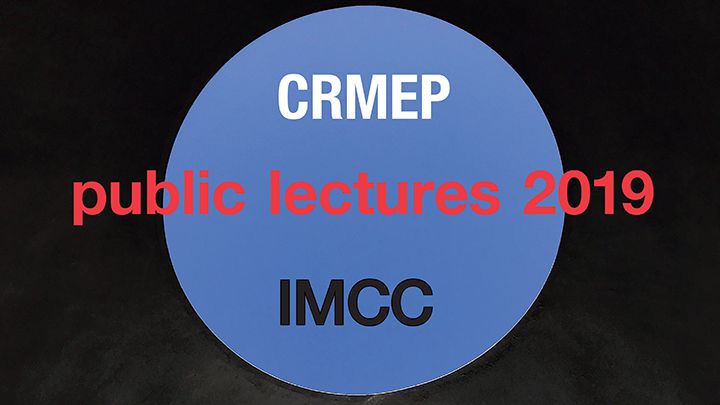
Thursday 7 February 2019, 18:00 – 20:00 pm
Fyvie Hall, University of Westminster, 309 Regent Street, London W1B
Reason in Reverse: Kant and Freud on Faults
Stella Sandford (CRMEP, Kingston University)
The third in a series of six Public Lectures on Philosophy, Politics and Culture, co-organised by the IMCC with the Centre for Research in Modern European Philosophy.
Stella Sandford is Professor in Modern European Philosophy at Kingston University. She is author of Plato and Sex (2010), How to Read Beauvoir (2006) and The Metaphysics of Love (2000), as well as co-editor of Further Adventures of the Dialectic of Sex: Critical Essays on Shulamith Firestone (2010).
Chaired by Leigh Wilson (IMCC).
The event is free, but booking via eventbrite is essential. You can book here.
Details on the rest of the series can be found here.
Wednesday 6th February 2019, 6:00 pm
Room UG04, University of Westminster, 309 Regent Street, London
Dennis Duncan
“Nitpickers vs Windbags: Weaponizing the Book Index”
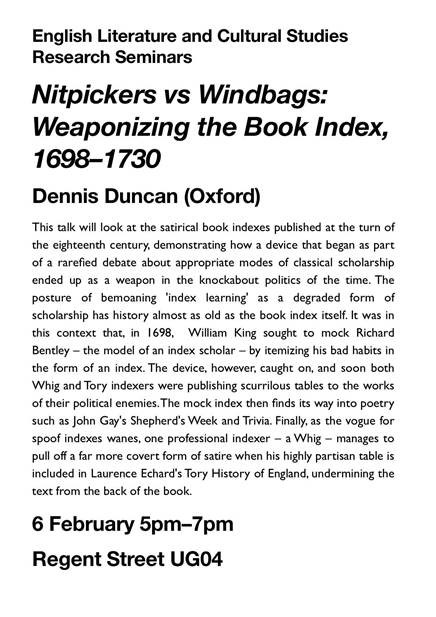
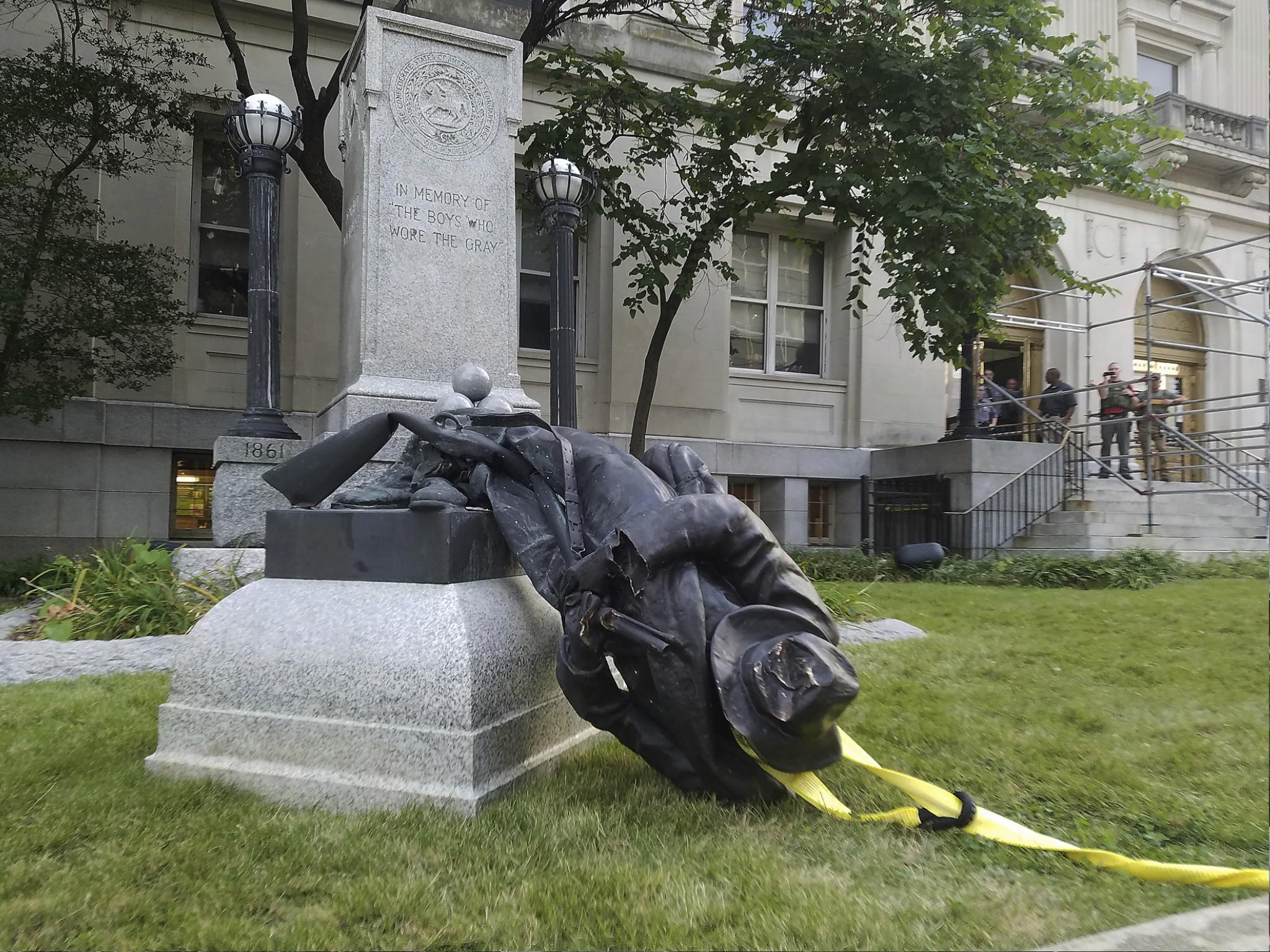
Thursday 24 January 2019, 18:00 – 20:00 pm
Fyvie Hall, University of Westminster, 309 Regent Street, London W1B
Is Memory the Basis of History (After Trump)?
Lucy Bond (IMCC) & Howard Caygill (CRMEP, Kingston University)
The second in a series of six Public Lectures on Philosophy, Politics and Culture, co-organised by the IMCC with the Centre for Research in Modern European Philosophy.
Lucy Bond is Senior Lecturer in American Literature and Culture at the University of Westminster. She is author of Frames of Memory After 9/11 (2015), co-editor of The Transcultural Turn (2014) and Memory Unbound (2016), and co-author of the forthcoming Trauma in the Routledge New Critical Idiom series.
Howard Caygill is Professor of Philosophy at Kingston University. Among other works, he is author of Kafka: In Light of the Accident (2017), On Resistance: A Philosophy of Defiance (2013), Levinas and the Political (2002) and Walter Benjamin: The Colour of Experience (1998).
Chaired by John Beck (IMCC).
The event is free, but booking via eventbrite is essential. You can book here.
Details on the rest of the series can be found here.
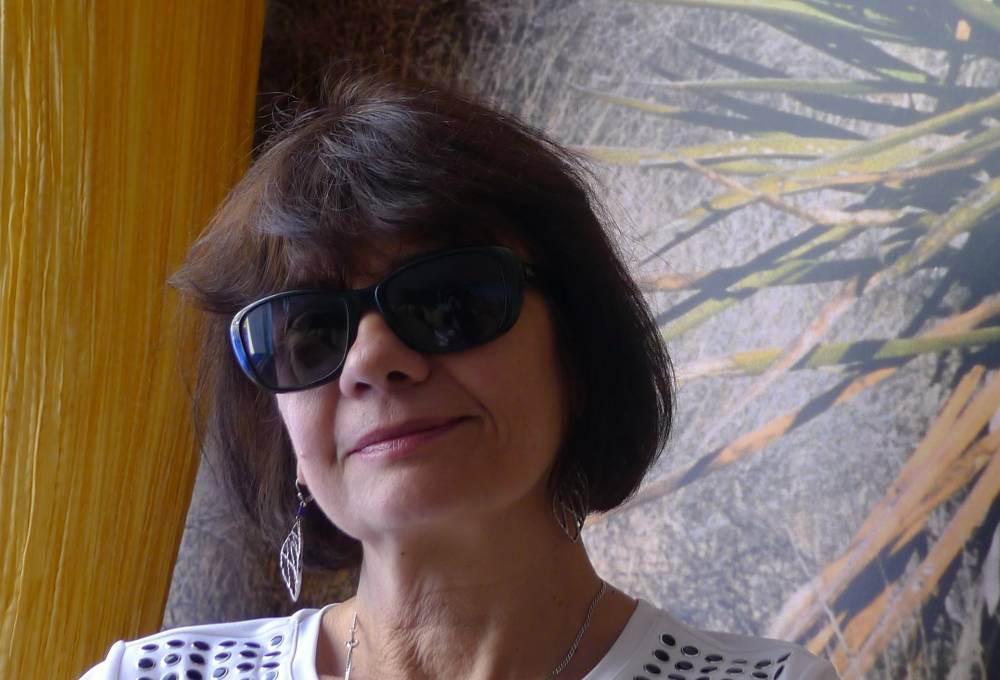
Thursday 17 January 2019, 18:00 – 20:00 pm
UG05, University of Westminster, 309 Regent Street, London W1B
Is Science the Subject of Philosophy? Miller, Badiou and Derrida
Catherine Malabou (CRMEP, Kingston University)
The first in a series of six Public Lectures on Philosophy, Politics and Culture, co-organised by the IMCC with the Centre for Research in Modern European Philosophy.
Catherine Malabou is a Professor in Philosophy at the Centre for Research in Modern European Philosophy (CRMEP) at Kingston University, and in Comparative Literature at the University of California Irvine. She is author of books including The Future of Hegel: Plasticity, Temporality, and Dialectic (1996), What Should We Do With Our Brain? (2004), The Ontology of the Accident: An Essay on Destructive Plasticity (2009), and Sois mon corps, with Judith Butler (2010).
All welcome, but booking via eventbrite is essential. Book here.
Further events in the series can be found here.
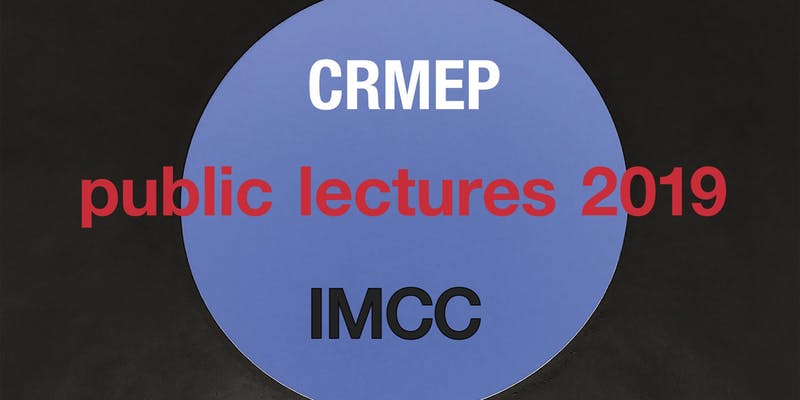
The IMCC is delighted to announce a series of public lectures and exchanges to be held at the University of Westminster in collaboration with our friends in the Centre for Research in Modern European Philosophy based at Kingston University. All lectures are free to attend, but booking is essential.
Thursday 17 January 2019, 6.00 – 8.00 pm
Is Science the Subject of Philosophy? Miller, Badiou and Derrida
Catherine Malabou, CRMEP, Kingston University
Thursday 24 January 2019, 6.00 – 8.00 pm
Is Memory the Basis of History (After Trump)?
Lucy Bond, IMCC, University of Westminster & Howard Caygill, CRMEP, Kingston University
Thursday 7 February 2019, 6.00 – 8.00 pm
Reason in Reverse: Kant and Freud on Faults
Stella Sandford, CRMEP, Kingston University
Thursday 28 February 2019, 6.00 – 8.00 pm
What’s Wrong with Human Rights?
Radha D’Souza, Westminster Law School & Peter Hallward, CRMEP, Kingston University
Thursday 14 March 2019, 6.00 – 8.00 pm
Towards a Socialist Cosmopolitanism
Etienne Balibar, CRMEP, Kingston University
Thursday 28 March 2019, 6.00 – 8.00 pm
Poetics of Contemporary Art
David Cunningham, IMCC, University of Westminster & Peter Osborne, CRMEP, Kingston University
All events will be in Fyvie Hall, University of Westminster, 309 Regent Street, London W1B 2HW, except for the first lecture with Catherine Malabou which will be in Lecture Theatre UG05 in the same building.
All lectures are free at attend, but booking via eventbrite is essential. Please book here.
Monday 10th December
Fyvie Hall, University of Westminster
7:00-9:00pm
IMCC Presents An Evening of Feminist Film: Redell Olsen, Now Circa (2018) and Katharine Meynell, Elizabeth (2017)
Redell Olsen will present her short film Now Circa (2018), recently shortlisted for the AHRC Research in Film Awards 2018. Katharine Meynell will present her short film Elizabeth (2017).
Now Circa (1918), directed by Redell Olsen, 2018
Now Circa (1918) marks the one hundred year anniversary of female suffrage for some women in the UK. The film revolves around dialogues between two women and their counterparts one hundred years earlier, each on the eve of a march for women’s rights. Their conversations are interrupted by a mysterious poetic and out-of-time visitor; Joan Boadicea, whose speech and antics reflect the tensions, parallels and differences between women across time from the era of the suffragettes, to our own present in the age of Trump and #MeToo in 2018.
Redell Olsen is a poet, film-maker and academic. Her recent books of poetry include Film Poems (2014) and Punk Faun: a bar rock pastel (2012). She teaches poetry and poetics at Royal Holloway, University of London.
Elizabeth, directed by Katharine Meynell, 2017
Elizabeth concerns the life and work of typographer Elizabeth Friedlander, the only woman of her generation to have designed a Western typeface. The film takes an essay form, describing what is known of her life, using archive footage interspersed with landscape and speculative images and text, probing the practical and political life of women surviving on wit and skill in early twentieth century Europe.
“I liked it very much indeed — cinematically and in terms of its subject matter … Elizabeth’s roots in German modernism, her exile, the familiarity of her anonymous designs” – Laura Mulvey.
Katharine Meynell has been working as an artist since the late 1970’s across material media, using moving image, performance, drawings and artists’ books.
Tickets free, register here
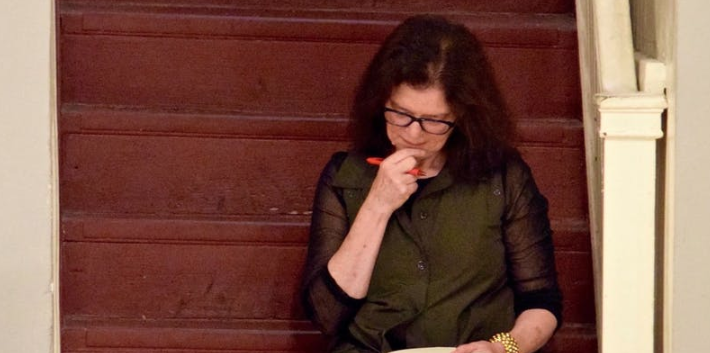 Saturday 03 November 2018, 7-9pm
Saturday 03 November 2018, 7-9pm
Fyvie Hall, University of Westminster, 309 Regent Street, London, W1B 2HT
S A L O N – LONDON presents Carla Harryman in conversation with Redell Olsen
Carla Harryman will read from her recent works including Sue in Berlin and Hannah Cut-In. Redell Olsen will be discussing and showing extracts from her recent performance and film works.
About Carla Harryman:
Carla Harryman has authored twenty books including Sue in Berlin, a collection of Poets Theater Plays and performance texts written between 2001-2015, (PURH, 2018). Harryman’s Poets Theater, interdisciplinary, and bi-lingual performances have been presented nationally and internationally. Recent performances include Gardener of Stars, an Opera, a work for micro-electronics, piano, and speaking and singing voices composed in collaboration with Jon Raskin, with performances in Chicago, San Francisco, Los Angeles, and Detroit, a bilingual version of Mirror Play with actor Juliette de Laroque (Rouen, France, 2017); and Occupying Theodore W. Adorno’s “Music and New Music,” a keynote lecture-performance (with pianist Magda Mayas and composition by Jon Raskin and Carla Harryman) presented at dOCUMENTA 13. A CD of the Adorno lecture-performance with Gino Robair on piano is forthcoming from Rastascan Records.
Publications of the last ten years include the essay, Artifact of Hope, published in Kenning Edition’s Ordinance Series in 2017 Adorno’s Noise (2008), a radical experiment in the essay as form; The collaborative ten volume work, The Grand Piano: Experiments in Collective Autobiography, San Francisco 1975-1980 (completed in 2010), The Wide Road (2011) with Lyn Hejinian, an erotic picaresque in poetry and prose; and the diptych W—/M— (2013), which Tyrone Williams describes as a tracing and retracing of “the line per se as nomadic consciousness multiplying beyond the doubles that mark, and thus engender, the self-patrolled borders of identities.” Her critical writing focuses on feminist experimental writing, non/narrative, and performance. She is the editor of Non/Narrative (2011), a special issue of the Journal of Narrative Theory, and co-editor of Lust for Life: On the Writings of Kathy Acker (2006).
Harryman has received numerous awards including a fellowship from the Foundation for Contemporary Art, grants from the National Performance Network and Opera America, Next Stage, and awards in poetry from the Wallace Alexander Gerbode Foundation and the Fund for Poetry. She is a Professor in the Department of English Language and Literature at Eastern Michigan University where she teaches in their interdisciplinary creative writing program, and she serves on the summer faculty of the MFA Program of the Milton Avery School of the Arts at Bard College.
About Redell Olsen:
Redell Olsen’s books of poetry include: Film Poems (2014), Punk Faun: a bar rock pastel (2012) and Secure Portable Space (2004). She has published critical essays on contemporary poets and poetics and produced a number of handmade artist bookworks – the most recent of which was exhibited at the Poetry Library, South Bank and involved the use of light sensitive papers. ‘Now Circa (1918)’ a short film written and directed by Redell Olsen in response to the anniversary of female suffrage in the UK in 2018 has been nominated for an AHRC award in the category, ‘Best Research Film’ of the year. Her recent performance work, ‘Observation Judgement Action’ or (Foil, Jumping, Daisies)’ responds to Black Mountain College and in particular the work of Josef and Anni Albers. It is comprised of film, text and music was shown as part of events at Kettles Yard, Cambridge, Black Mountain: A Celebration, Glasfryn, Wales and Café Oto, London. Redell Olsen is a professor of Poetry and Poetic Poetics at Royal Holloway, University of London where she teaches on the MA in Creative Writing – Poetic Practice.
S A L O N – LONDON is a real and virtual site for responding to the present through experimental women’s writing. The project is directed by Georgina Colby and Susan Rudy and hosted by the Institute of Modern and Contemporary Culture at the University of Westminster, and the Centre for Poetry at Queen Mary.
Free but please register at Eventbrite here.
 Thursday 6 September 2018, 10.00-18.30
Thursday 6 September 2018, 10.00-18.30
Room D002 Université Paris 8, 2 Rue de la Liberté, 93526 Saint-Denis
Workshop: Asylum, Translation, Voice and Testimony
The objective of this international workshop is to examine the restrictions imposed upon women’s voices in the context of reporting sexual violence as part of their migration experience in the UK and in France. The workshop will bring together academics from France and the UK, immigration lawyers, and representatives from public facing bodies, women refugees and asylum seekers, and creative writers. It will facilitate a cross sector and interdisciplinary exchange of knowledge and experience in relation to taking testimonies and translation. Case studies of women’s testimonies will be examined with regard to language, translation and testimony. These will be examined alongside the current procedure of seeking asylum, in particular the interview process.
Full details can be found here
Tickets can be booked here
This event is part of a project led by Dr Georgina Colby (University of Westminster) in collaboration with Professor Jane Freedman (Université Paris 8) and Debora Singer MBE (Asylum Aid).
Feminist Representations: Sexual Violence Against Women, Asylum and Testimony
Funded by the British Academy/Leverhulme Trust, the project aims to explore the contributions the arts and humanities may make to address institutional failures in the area of sexual violence against women and girls, with a specific focus on asylum, translation, voice and testimony. Three interdisciplinary workshops will bring together academics, practitioners, politicians, campaigners and writers. The objective is to open up avenues of expression for women when relaying their testimonies and the impact of sexual violence, and to provide feminist representation that moves beyond the parameters of legal expression. Adopting an interdisciplinary methodology, participants will examine case studies of asylum seekers’ testimonies as a means to reveal the issues of translation women meet when voicing their narratives. The project will shed light on specific issues women seeking asylum who have experienced sexual violence encounter when telling their stories. These findings will inform academics, policy makers, and writers who will address these issues in issues in scholarly and creative works.
For further information, see the project website here or email Georgina Colby.

Thursday 21st June 2018, 16.00 – 18.30
Room UG04, University of Westminster, 309 Regent Street, London W1B 2HW
Trans Representations on Latin American and Chinese Screens
Representations of trans characters have been at the centre of recent film and TV in two locations often perceived to be traditionally conservative: Latin America and China. This seminar brings together research from these geographies to create a dialogue around film and TV production, trans representation, the ethics of visual culture and the interplay between screen studies and local culture in this transnational context.
Speakers include:
Dr Gustavo Subero, ‘Carmín Tropical: Trans Identity and Mexican Neo-Noir Cinema’
Dr Hongwei Bao (University of Nottingham), ‘Shanghai is Burning: Extravaganza and the New Queer Chinese Cinema’
Dr Liz Harvey-Kattou (University of Westminster), ‘Breaking the Mould in Latin American Film: Trans Representation in A Fantastic Woman and Hold Me Like Before’
Dr Jamie Zhao (University of Warwick), ‘Queer, Yet Never Lesbian: Tomboyish Celebrities in the Chinese Singing Competition Show Super Girl‘
All welcome! Book a place here.
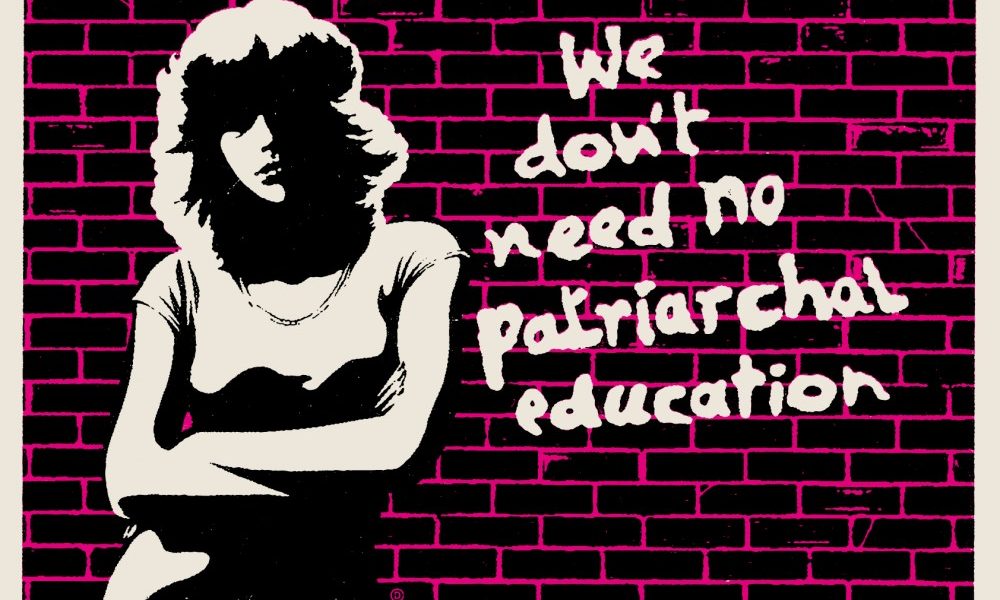
Thursday 21st – Friday 22nd June 2018
Marylebone Campus, University of Westminster, 35 Marylebone Road, London NW1 5LS
Queering Academia
A Two Day Gathering on Queer Education and Scholarship
Queering Academia examines the role of Queer education and scholarship against the backdrop of the changing landscape of Higher Education. This two-day gathering brings together students, academics, and activists to consider the significance of Queer lives (and lived experience) within both formal and informal institutions of learning, with papers, panels, performances, and presentations examining the significance of Queer ways of thinking, being, and acting in education and scholarship.
Programme Information:
https://queeringacademia.wordpress.com/event-programme/
Register online via Eventbrite:
https://www.eventbrite.co.uk/e/queering-academia-a-two-day-gathering-on-queer-education-and-scholarship-tickets-42675556739

Thursday 28th June 2018, 9.30-18.00
Room UG05, University of Westminster, 309 Regent Street, London W1B 2HW
Bridging Borders, Creating Spaces: Negotiating Multicultural Identities and Belongings among Migrant Communities in Global London
A HOMELandS Workshop
Organised by our colleagues in the HOMELandS research group at Westminster, this workshop focuses in particular on the role of ‘language’ in bridging borders and creating spaces for migrants in global cities. Language is defined here in a broad and metaphorical sense, referring to all sorts of material and immaterial practices that serve the purpose of having a voice, hearing and being heard, and communicating. London as a global city has been a ‘contact zone’ of multiple flows of people, cultures and ideas from around the world, and a ‘migration lab’ for academic research. While there are numerous studies of individual migration groups in London and the UK, surprisingly, so far very few have looked into the nexus between mobility and globality from a comparative and transcultural perspective. This workshop is aimed at filling this gap. By bringing together innovative research on a wide range of London-based migration communities, it seeks to stimulate intellectual dialogues between often segregated studies of migrants and between higher educational institutes and migrant communities, and to break new ground for interdisciplinary research on migration and diaspora.
The workshop will followed at 6pm by ‘Object-Stories’ of British Chinese Women Online Exhibition Launch and Reception in the Cayley Room.
Please book a place via Eventbrite here.
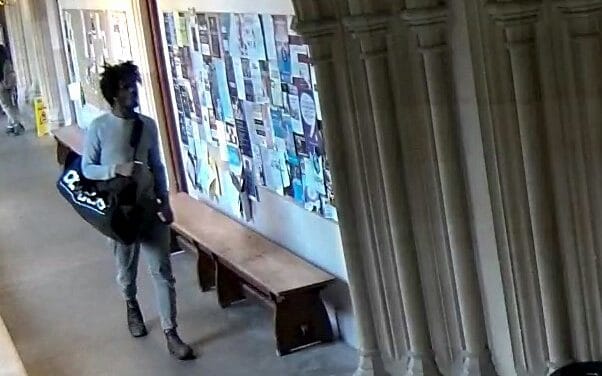
Thursday 24th May, 18:00-21:00 pm
University of Westminster, Marylebone campus, 35 Marylebone Road, London, NW1 5LS [room tbc]
Institutionalised whiteness, racial microaggressions and Black bodies out of place in HE
Remi Joseph-Salisbury (Leeds Beckett University)
On the morning of Friday 3rd February 2017, Femi Nylander – a Black Oxford alumnus – walked through the grounds of Oxford University’s Harris Manchester College. Later that morning a CCTV image of Femi was circulated to staff and students who were urged to ‘maintain vigilance’. ‘Post-racial’ ideology insists on framing such incidents as isolated aberrations bereft of wider structural and institutional context. This lecture centralises the voices of student campaigns as sites of legitimate experiential knowledge in order to offer a counter-narrative. In so doing, the talk draws upon the theoretical concepts of racial microaggressions and bodies out of place in order to argue that Femi’s experience cannot be understood in abstraction from structural white supremacy and the institutionalised whiteness that undergirds Higher Education.
Remi Joseph-Salisbury is a Senior Lecturer in Education Studies at Leeds Beckett University, with research primary research interests in race and (anti-)racism. He is a trustee of the Racial Justice Network, and a steering group member of the Northern Police Monitoring Project. He is co-editor of The Fire Now, a forthcoming collection exploring anti-racism in times of explicit racial violence.
Organised by our friends in the Critical Pedagogies Group. This event is free and open to the public. Booking via Eventbrite is essential.
 Tuesday April 17 2018, 6.30pm-10pm
Tuesday April 17 2018, 6.30pm-10pm
Yurt Cafe, St, Katharine’s Precinct, 2 Butcher Row, London E14 8DS
Whose Voice is It Anyway?: Feminist Inclusivity in Practice and Theory
This event seeks to bring together writers and academics whose works engage with the intersectionality of feminist theory and practice. Organised by Isabelle Coy-Dibley and Genna Gardini, this event is part of the S A L O N – London project, a feminist environment championing solidarity and the creation of a platform that brings about change by finding new forms of feminist kinship, directed by Dr Georgina Colby and Professor Susan Rudy.
The evening focuses on the three key pillars of the project – Solidarity, Activism and Language. The event will feature an interdisciplinary panel of speakers, including Eleanor Perry, Isabel Waidner, Linda Stupart and Nala Xaba, and aims to question how inclusive feminism is, whether/how it should be inclusive, and how the works of these speakers’ challenge, transgress, problematise, experiment and interact with feminism. Through hearing perspectives and readings from our speakers, we will tackle questions such as: how does the experimental and innovative writing and readings of works engage with present forms of feminism; and how do these forms of writing challenge, resist, and actively reshape feminist practices? By viewing writing as a form of activism and a place to voice political, social and cultural issues and desires for transformation, we will investigate S A L O N’s assertion that “Experimental, multi-modal, transgender and multi-lingual languages are emerging as linguistic forms for inscribing voiceless narratives of those excluded and marginalised.”
Doors will open at 6:30pm, for a 7pm start. Wheelchair accessible.
Free, but please register here.
For more info visit https://www.salon-london.org/events/
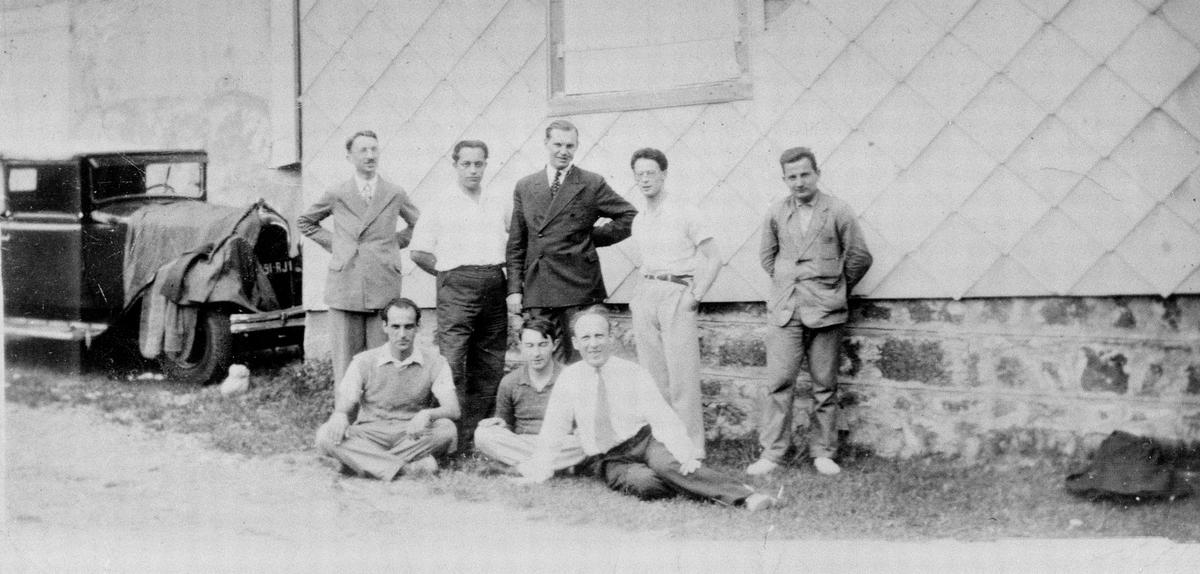
Wednesday 21st March, 5.00 pm
Room 206, University of Westminster, 32-38 Wells Street, London W1T 3UW
Mathematics and Literary Production: Oulipian Method as Critique
Daniel Cartwright (University of Westminster)
The mid twentieth century saw the emergence in French mathematics of a particularly forbidding formalism, pursued under the name of Nicolas Bourbaki. Bourbaki aimed to derive all branches of mathematics from a single set of abstract axioms. A few years after their heyday, another group, the Oulipo, took this formalist mathematical approach and applied it to literature. The Oulipo’s defining method, the formal constraint, was thus conceived mathematically as an axiom of the text. This paper explores the significance of this introduction of mathematical form to writing and will argue that, in the internal failings of Bourbaki’s totalisation of mathematics, and the Oulipo’s parodic adoption of this scheme, there is an underlying critical reflection of the rationalistic conditions of modernity.
All welcome! Followed by usual drinks in the Green Man.
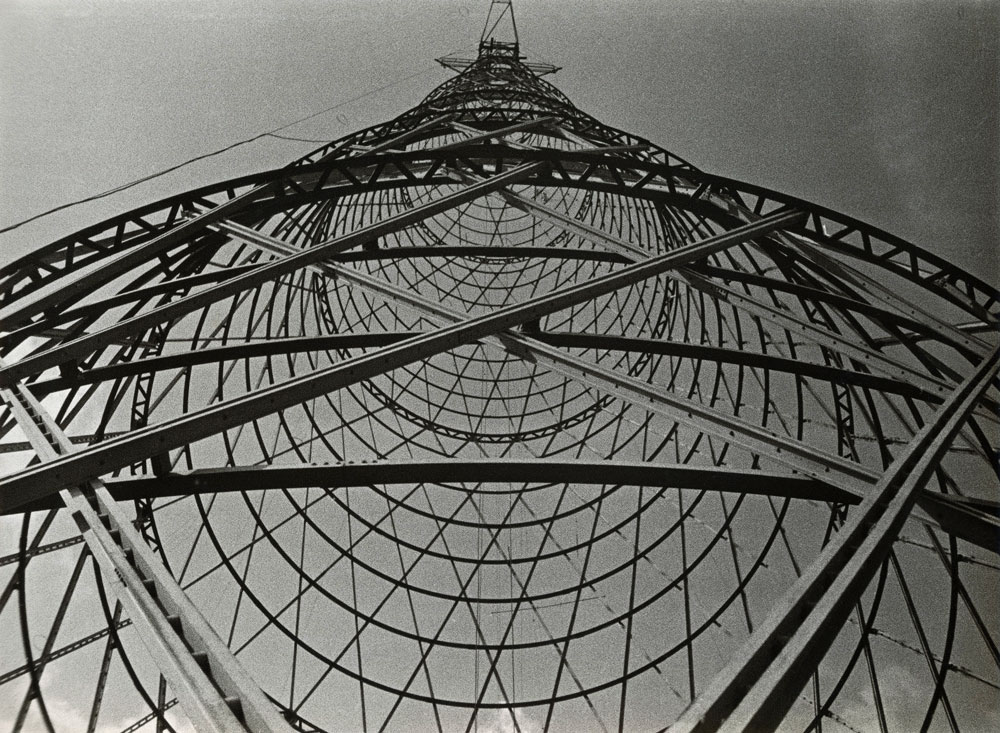
Friday 29 – Saturday 30 June 2018
University of Westminster
London Conference in Critical Thought
Westminster will be hosting the 7th annual London Conference in Critical Thought (LCCT), courtesy of our colleagues in the Department of Politics and International Relations.
Central to the vision of the conference is an inter-institutional, non-hierarchical and accessible event that makes a particular effort to embrace emergent thought and the participation of emerging academics, fostering new avenues for critically-oriented scholarship and collaboration. The conference is divided into thematic streams, each coordinated by different researchers and with separate calls for papers. The organisers welcome paper proposals that respond to the particular streams below. In addition, papers may be proposed as part of a general stream, i.e. with no specific stream in mind. Spanning a range of broad themes, these streams provide the impetus for new points of dialogue.
- Art and Automation
- Capital, Event and Agency (1968-2018)
- Disruptions, Interventions and Liminalities: Critical Performative Pedagogies
- Infrastructure, “infrapolitics” and experimentation
- Politics of/in the Anthropocene
- Resistant Bodies. On resistance and its corporeal challenges
- Taking Positions
- The Politics of Truth
- Thinking Affect and Postcoloniality Together
- Time, Cities, Bodies
- Writing to Think
The Full Call for Papers can be found here: LCCT CfP 2018 feb 26
Please send paper/presentation proposals with the relevant stream indicated in the subject line to paper–subs@londoncritical.org. Submissions should be no more than 250 words and should be received by Monday 26th March 2018.
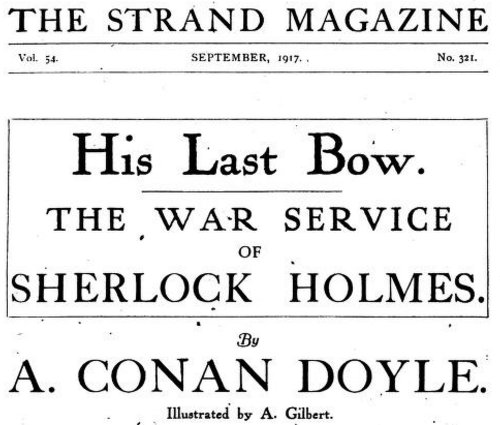
Thursday 8th March 2018, 5.00 pm
Room 351, University of Westminster, 309 Regent Street, London W1B 2HW
Detective Novels and the First World War
Professor Jane Mattisson Ekstam (Østfold University College, Norway)
Hosted by our friends in History, Professor Ekstam, who is currently a Visiting Research Fellow at Westminster, discusses the relationship between detective novels and representation of the First World War. This provides a particularly fertile context for examining human motivation and suffering, and for looking at ways of dealing with crime in war and peace, not least in Britain where the majority of war-related detective fiction was produced. Followed by drinks reception.
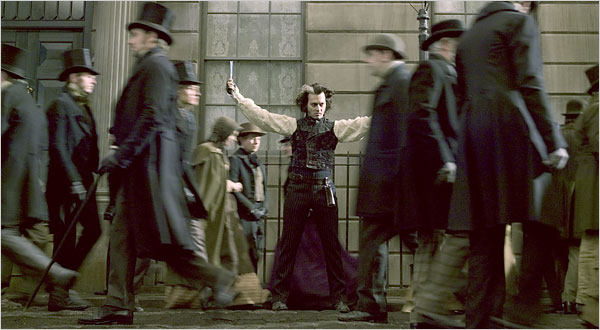
Wednesday 21st February 2018, 5.00 pm
Room 206, University of Westminster, 32-38 Wells Street, London W1T 3UW
If there’s something strange in your neighbourhood … A Roundtable on London Gothic
Monica Germana, Emma McEvoy, Alexandra Warwick, Anne Witchard
London has taken a central role in the urban Gothic, from canonical texts like Strange Case of Dr Jekyll and Mr Hyde, The Picture of Dorian Gray, and Dracula, through modern film and visual culture, to the ‘tourist gothic’ of rebranded gastropubs and ghost tours. As a specific category, London Gothic is becoming as important for understanding ourselves today as it has been for thinking about the cultural productions of the late-nineteenth century. But what does it mean to think of London as a gothic environment? How has this understanding been shaped by historical events and cultural texts? What ghosts and monsters lurk behind the city’s walls? And how does their lingering presence change the way we interact with the streets around us? Join us for an evening of spooky stories and spectral delights as our panel of Westminster experts (Monica Germana, Emma McEvoy, Alex Warwick and Anne Witchard) examine the changing face of London Gothic, past, present, and future.
Followed by the usual drinks at The Green Man …
Tuesday March 13 2018, 7pm-9pm
Fyvie Hall, University of Westminster, 309 Regent Street, London W1B 2HW
Laynie Browne in conversation with Andrea Brady
Laynie will be reading from three works:
Periodic Companions is a novel with characters based on the periodic table of elements. Relationships are based upon chemistry, and characters investigate poetics, contemplative practices, and outsider culture. Overwhelmed with the futility of institutional structures, and impelled to act in response to tragic acts of violence, the elemental characters create a collective action based upon chemical signalling using human tears, in the hopes of inventing a new context for non-violent protest.
You Envelop Me. A book length poetic elegy, You Envelop Me takes its title from the thirty-second psalm and explores connections between birth and loss. How does one in mourning converse with those absent, yet ever present? These poems seek to enter that sturdy edifice of emptiness, wherein time is suspended, and one is paradoxically held by the departed. How is a motherless daughter conceived? What befalls those who succumb to waves of grief akin to contractions of birth? You Envelop Me is woven from contemplative practices which permit us to approach the unimaginable. The world with the beloved removed is permanently altered, perhaps most significantly in the way the living learn that indispensible vision occurs beyond the visible world.
The Book of Moments (forthcoming 2018, in two editions, one English, one French, from Presses Universitaires de rouen et du havre, Rouen, France).This book of relatively short prose fiction/hybrid pieces is an exploration in reinvention of forms: including the found, the invented and foregrounding perception as subject and object. This book seeks the boundary between real and imagined and hovers at a location often in between. This work is inspired by the revolutionary prose of writers such as Lydia Davis, Marguerite Duras, Hélène Cixous, and others writing off the map between genres, outside conventional expectations of “story.”
A poet, prose writer, teacher and editor, Laynie Browne is author of thirteen collections of poems and three novels. Her most recent collections of poems include You Envelop Me (Omnidawn 2017) P R A C T I C E (SplitLevel 2015), and Scorpyn Odes (Kore Press 2015). Recent books of prose include the novel Periodic Companions (2018) and short fiction in The Book of Moments (2018). Her honors include a 2014 Pew Fellowship, the National Poetry Series Award (2007) for her collection The Scented Fox, and the Contemporary Poetry Series Award (2005) for her collection Drawing of a Swan Before Memory. Her poetry has been translated into French, Spanish, Chinese and Catalan. Her writing has appeared in many anthologies including The Norton Anthology of Post Modern Poetry (second edition 2013), Ecopoetry: A Contemporary American Anthology (Trinity University Press, 2013), Bay Poetics (Faux Press, 2006) and The Reality Street Book of Sonnets (Reality Street, 2008). She teaches at University of Pennsylvania and at Swarthmore College.
Andrea Brady is a poet and Professor of Poetry at Queen Mary, University of London. Andrea’s books of poetry include The Strong Room (2016), Dompteuse (2014), Cut from the Rushes (2013), Mutability: Scripts for Infancy (2012), and Wildfire: A Verse Essay on Obscurity and Illumination (2010). At Queen Mary she runs the Centre for Poetry and the Archive of the Now.
The event is free but please register with Eventbrite
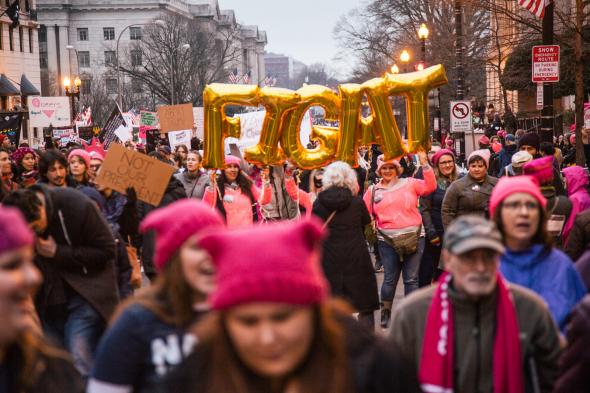
Wednesday 7th February 2018, 5.00 pm
Room 206, University of Westminster, 32-38 Wells Street, London W1T 3UW
Forms of Solidarity
Georgina Colby (Westminster)
On January 20, 2017, the day of Donald Trump’s inauguration, a pamphlet titled ‘Solidarity Texts: Radiant Re-Sisters’, comprising 69 texts by experimental women writers, was collated and distributed by the poet Laynie Browne to the feminist community ahead of the Women’s March on Washington, scheduled to take place the following day. The collection of works varied from collages, poems, letters, artworks, scans of handwritten poems in notebooks, shorts essays, animated sketches and links to film and performance works, and experimental prose. The texts each use experimental form as resistance against the increasingly conservative political climate in the U.S. Browne’s distribution of the texts as activist tools for the protest gestures to the revival of experimental works by women writers, artists, and filmmakers as forms of activism in the present climate. This paper explores the relation between forms of feminist solidarity, literary experiment, and new activisms in these texts of resistance.
All welcome! Followed by drinks in the Green Man …


The Institute for Modern and Contemporary Culture
University of Westminster Department of English, Linguistics and Cultural Studies
32-38 Wells Street, London W1T 3UW. United Kingdom.


